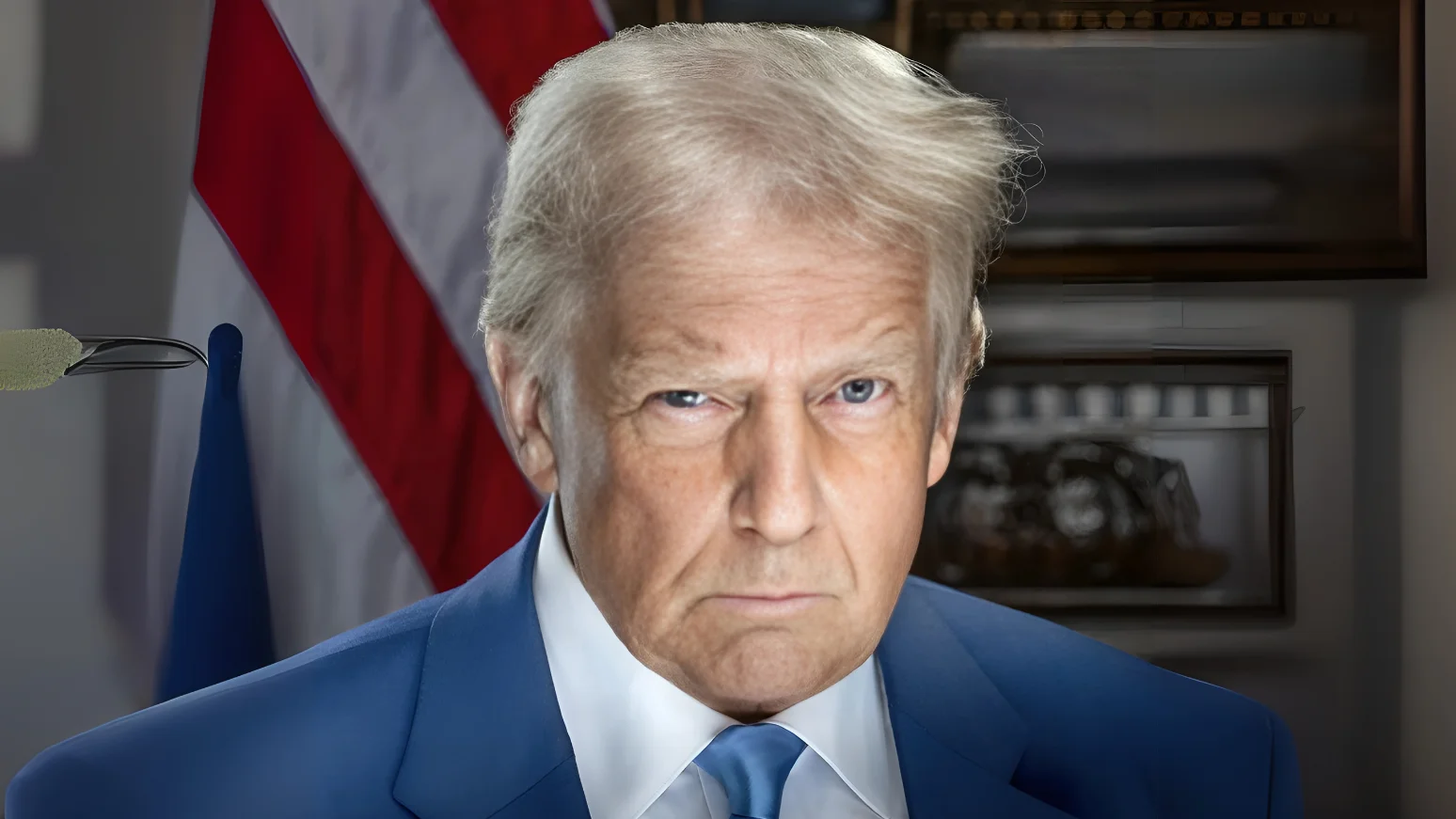The United States and Thailand have formalized a new agreement to enhance cooperation in the development and expansion of critical minerals supply chains. The Memorandum of Understanding (MOU), signed on October 26, 2025, in Kuala Lumpur by U.S. President Donald J. Trump and Thai Prime Minister Anutin Charnvirakul, aims to strengthen resource sector governance, foster business partnerships, and promote trade and investment between the two countries.
The agreement seeks to ensure that both nations benefit from secure and reliable access to critical minerals—resources essential for technology manufacturing, energy transition efforts, and economic growth. According to the MOU, “the purpose of this Memorandum of Understanding is to strengthen cooperation between the Participants on critical minerals supply chains development and expansion; to promote trade and investment between the Participants in critical mineral resource exploration, extraction, processing and refining, and recycling and recovery; to encourage investment that supports domestic value addition and processing industries rather than solely exporting raw materials; and to support the transition to open, efficient, secure, and transparent critical minerals and rare earths markets to improve the strength, security, and prosperity of critical minerals and rare earths supply chains in the United States and Thailand.”
Key areas of collaboration include sharing technical expertise on international best practices within Thailand’s mining sector; assisting with resource base analysis; coordinating priority projects that support resilient supply chains; developing domestic processing industries; facilitating technology transfer; capacity building; as well as training for local personnel. Mechanisms such as government meetings, joint geoscience work, workshops with private sector stakeholders or universities are outlined as part of implementation.
Both countries have agreed that they will inform each other about potential tenders or projects at an early stage so companies from either country can participate effectively. They also plan to establish high-standard marketplaces based on fair-trade principles for trading these resources.
While outlining procedures for regular information exchange—including quarterly working-level meetings—the MOU specifies that participation is subject to each country’s laws as well as available funding. It clarifies: “This Memorandum of Understanding is not intended to be legally binding under international law nor to affect any existing agreements between the Participants.”
Either party may discontinue cooperation at any time with written notice but ongoing activities already underway will not be affected by such a decision.
“This Memorandum of Understanding is intended to become operative upon the date of its signature by both Participants,” according to the document.
The agreement represents a continued effort by both governments toward securing stable investment conditions for their respective economies while advancing mutual interests in global mineral supply chain resilience.





